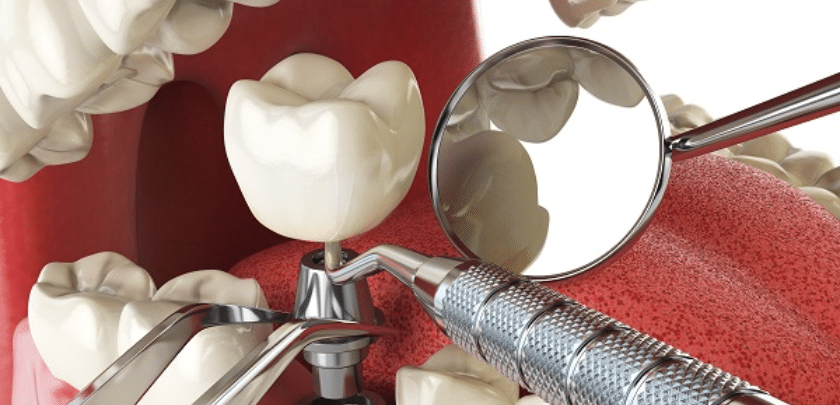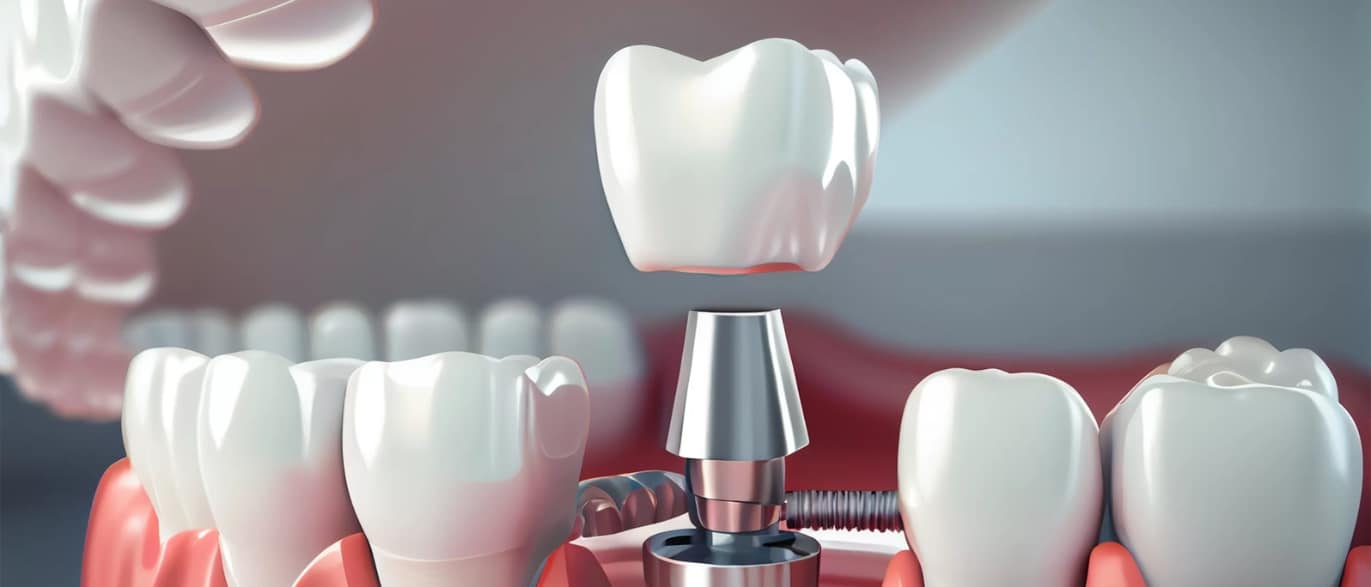Pearl Dental Blog

Why do dental implants break? How can it be prevented?
Dental implants are a popular and effective solution for replacing missing teeth, offering a durable and long-term option for many patients. However, despite their high success rate, dental implants can sometimes fail or break. Understanding why dental implants break and how these issues can be prevented is crucial for both dental professionals and patients to ensure the longevity and success of the implants. This article explores the reasons behind dental implant failure, preventive measures, and the importance of ongoing care and maintenance.
Reasons Why Dental Implants Break
1. Overloading: One of the primary reasons dental implants break is due to overloading. This occurs when excessive force is applied to the implant, often from biting or chewing hard foods. Over time, this can lead to micro-movements of the implant within the bone, causing it to become loose or even fracture.
2. Poor Osseointegration: Osseointegration is the process by which the dental implant integrates with the jawbone. Poor osseointegration can result from inadequate bone density, improper implant placement, or the patient’s health conditions (e.g., diabetes or osteoporosis) that affect bone healing. Without proper integration, the implant lacks the necessary support, increasing the risk of breakage.
3. Material Fatigue: Dental implants are made from materials like titanium, known for their strength and compatibility with body tissues. However, constant stress and strain can lead to material fatigue, making the implant more susceptible to cracks and breakage.
4. Peri-implantitis: This condition is an inflammatory process affecting the tissues around the implant, leading to the loss of supporting bone. Peri-implantitis is often caused by poor oral hygiene, leading to bacterial infection. As the supporting bone deteriorates, the stability of the implant is compromised, increasing the risk of failure.
5. Improper Implant Selection or Placement: The success of a dental implant also depends on the correct selection and placement by the dental surgeon. Factors such as the implant’s size, type, and position relative to the patient’s bone density and bite force are critical. Incorrect choices can lead to undue stress on the implant, leading to its eventual failure.
Preventing Dental Implant Breakage
1. Proper Planning and Assessment: Before implantation, a thorough assessment of the patient’s oral health, bone density, and lifestyle factors is essential. This helps in selecting the most suitable implant type and placement strategy.
2. Good Oral Hygiene: Maintaining excellent oral hygiene is crucial for preventing peri-implantitis and ensuring the longevity of the implant. Regular brushing, flossing, and professional dental cleanings can prevent the buildup of harmful bacteria.
3. Avoiding Hard Foods: Patients with dental implants should avoid chewing on hard foods, ice, or other materials that can exert excessive force on the implant.
4. Regular Dental Check-ups: Routine dental visits allow for the early detection and management of potential issues before they lead to implant failure. These check-ups are crucial for monitoring the health of the implant and the surrounding tissues.
5. Use of Mouthguards: For patients who grind their teeth or participate in contact sports, wearing a mouthguard can help protect the implants from excessive force and potential damage.
While dental implants are a reliable and durable solution for tooth replacement, they are not immune to failure. Understanding the reasons behind dental implant breakage is crucial for prevention. By following proper oral hygiene practices, avoiding harmful habits, and adhering to professional dental advice, patients can significantly reduce the risk of implant failure and enjoy the benefits of their dental implants for many years. Regular dental check-ups and maintenance are indispensable parts of ensuring the longevity and success of dental implants.





